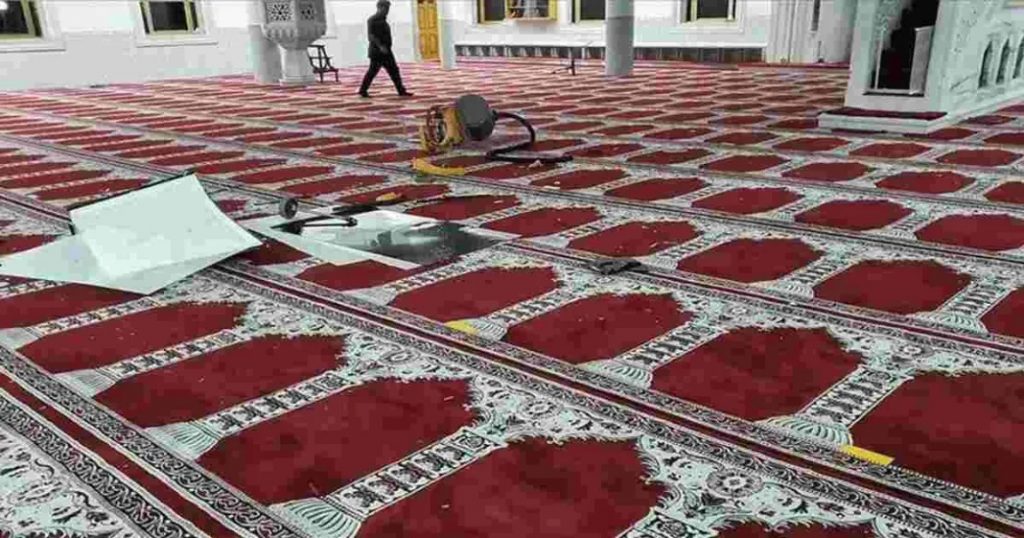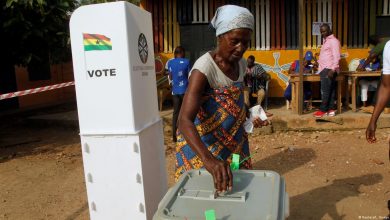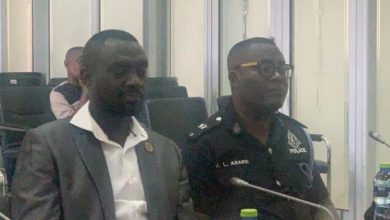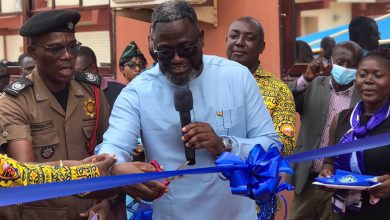Deadly shooting near mosque in Oman leaves six dead, including policeman

Six people, including a policeman, were killed and 28 others injured in a shooting attack near a Shia Muslim mosque in Oman’s capital, Muscat, according to police reports.
The incident occurred in the al-Wadi al-Kabir area on Monday night, where three attackers were also killed by security forces.
Details about the victims’ identities and the gunmen, as well as the motive behind the attack, were not immediately disclosed by the police.
However, Pakistan confirmed that four Pakistanis were among those killed in what it described as a “terrorist attack” on the Imam Ali Mosque.
India also reported the death of one of its citizens in the incident.
The Sunni Muslim jihadist group Islamic State (IS) claimed responsibility for the attack, stating that three of its members were involved. Supporters of IS celebrated the shooting on social media platforms.
While IS has targeted Shia gatherings in countries like Iraq, Afghanistan, and Pakistan before, this marks its first claimed attack in Oman, where Shias are a minority.
Video footage from the scene showed worshippers fleeing inside the mosque’s courtyard as gunshots rang out.
The attack occurred on the eve of the Shia holy day of Ashura, during a gathering of worshippers.
In response to the incident, Omani authorities expressed condolences to the families of the victims and initiated an investigation into the circumstances surrounding the attack.

They also cautioned against relying on unreliable information and emphasized the importance of official sources.
Pakistani Prime Minister Shehbaz Sharif expressed deep sadness over the attack and pledged full support to Oman in the investigation.
The Pakistani embassy in Muscat provided assistance to the injured and visited them in local hospitals.
The shooting occurred during the ninth day of the Islamic month of Muharram, a significant period for Shia Muslims commemorating the martyrdom of Imam Hussein, the grandson of Prophet Muhammad.
Oman, known for its stability in the Middle East, has played a prominent role in regional mediation efforts.
The country has a diverse population, with a significant Muslim majority consisting of Sunnis, Ibadis, and Shias, alongside smaller religious communities.
Source-BBC





